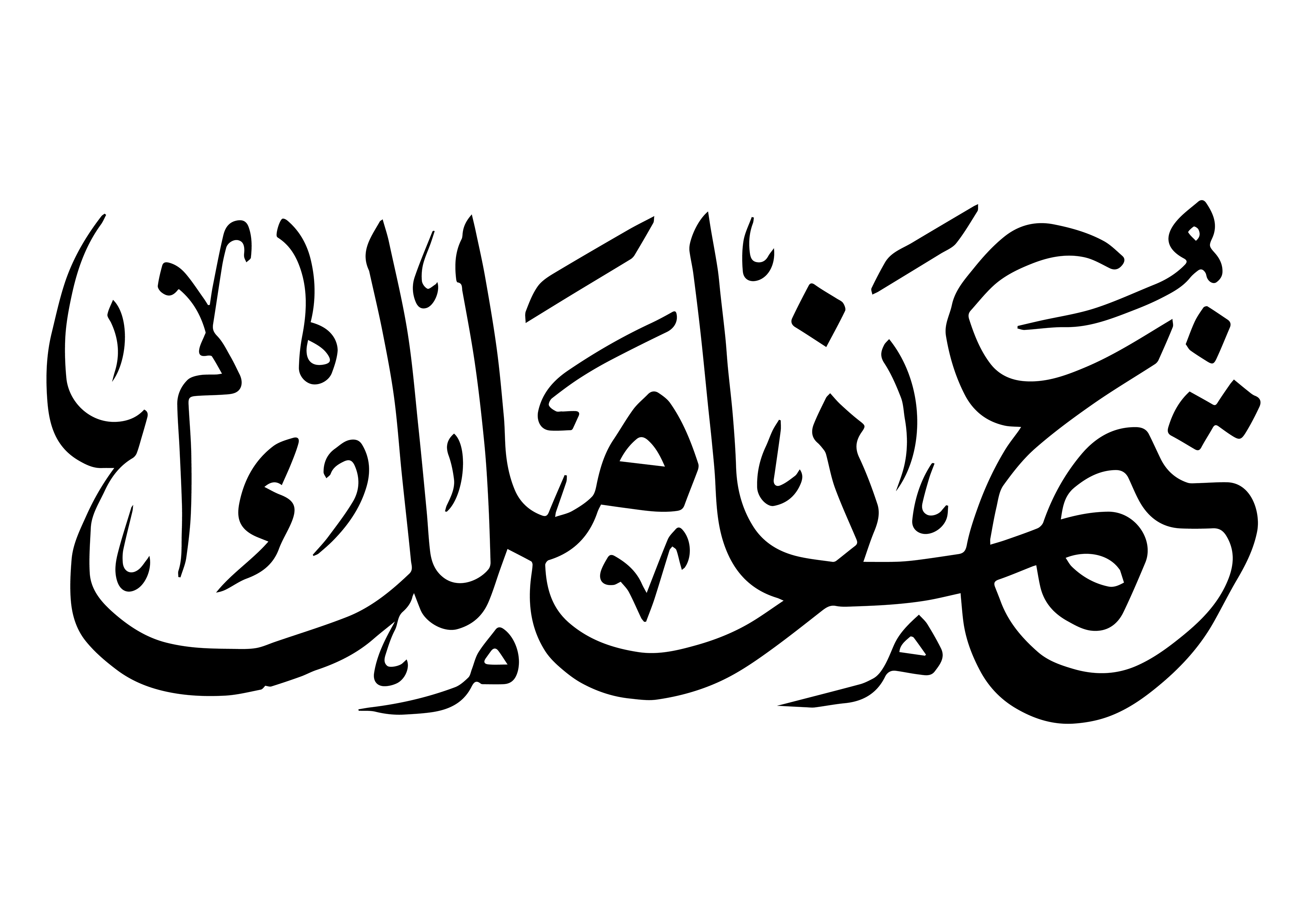Zakat is one of the most profound economic systems in the world—divinely designed, morally uplifting, and socially transformative. Far more than a charitable obligation, it is a comprehensive framework that restructures wealth, dignity, and opportunity across society. When the Qur’an speaks of Zakat, it speaks not merely of giving, but of purification—purifying wealth, purifying hearts, and purifying society from injustice and inequality.
In contemporary discourse, scholars such as Professor Dr. Ali Al-Qaradaghi have emphasised the extraordinary scale of Zakat’s potential, estimating its global annual value at $3.375 trillion. While such figures are astonishing, they highlight a reality embedded within Islamic teachings for 1,400 years: that Zakat, when properly implemented, can become one of the greatest tools for poverty eradication and economic empowerment in human civilisation.
Equally significant are the scholarly foundations laid by earlier giants such as Dr. Yusuf Al-Qaradawi, whose encyclopedic work on Zakat remains a cornerstone in modern Islamic jurisprudence. His scholarship demonstrated that Zakat is not a rigid ritual but a dynamic economic instrument—one that adapts across times and contexts while remaining faithful to its divine principles. These insights shaped generations of researchers and practitioners, myself included.
Yet despite its tremendous potential, Zakat remains profoundly underutilised. In many regions, collection mechanisms are fragmented, institutions lack modern tools, and public awareness is limited. As a result, billions—if not trillions—of dollars remain uncollected or inefficiently distributed, creating a gap between what Zakat could achieve and what it presently does achieve. This gap is one of the great challenges facing the Muslim world.
This challenge, however, is also an opportunity. Embedded in Zakat is a vision of society where no one sleeps hungry, where the dignity of the poor is upheld, and where wealth circulates rather than stagnates. It is a socio-economic engine capable of transforming education, healthcare, housing, entrepreneurship, and long-term development. Realising this vision requires a renewed commitment from scholars, institutions, governments, and communities.
At the heart of Zakat is accountability and justice. The Qur’an outlines specific categories of recipients—not only the poor, but those struggling with debt, those working in Zakat administration, and those striving in the path of Allah. These diverse categories reveal how Zakat is meant to empower society in holistic ways: by alleviating hardship, strengthening institutions, and supporting collective wellbeing. It is both welfare and development, both relief and reform.
To truly unlock Zakat’s impact, we must integrate classical fiqh with contemporary economic insights. Modern tools—data systems, financial technologies, digital tracking, transparent audits—can enhance trust and ensure that Zakat reaches the right people in the right way at the right time. This alignment of timeless principles with modern efficiency is essential for bringing Zakat into its full potential in the 21st century.
My own work in this field is driven by a deep conviction that Zakat can become one of the most effective global development mechanisms. I am developing a multifaceted approach that focuses on improved collection, transparent governance, and impactful distribution. The objective is not only to meet immediate needs but to create sustainable systems that uplift individuals and entire communities.
This vision flows from the belief that Zakat is not merely an economic duty; it is an embodiment of divine mercy. When administered properly, it restores balance between rich and poor, strengthens social cohesion, and protects society from the corrosive effects of inequality. It transforms the giver, dignifies the receiver, and anchors the community in compassion and justice.
Ultimately, renewing our approach to Zakat is about more than financial management—it is about reviving one of Islam’s greatest gifts to humanity. It is a call to build institutions worthy of this sacred trust, to think boldly about its potential, and to work tirelessly so that Zakat becomes a living force for global change. With sincerity, collaboration, and vision, we can ensure that Zakat fulfils its divine purpose, empowering lives, eliminating poverty, and shaping a more just world, Insha’Allah.
Usman Abdullah Malik: Global Zakat Worth $1tr+ per annum
Give your Zakat:
